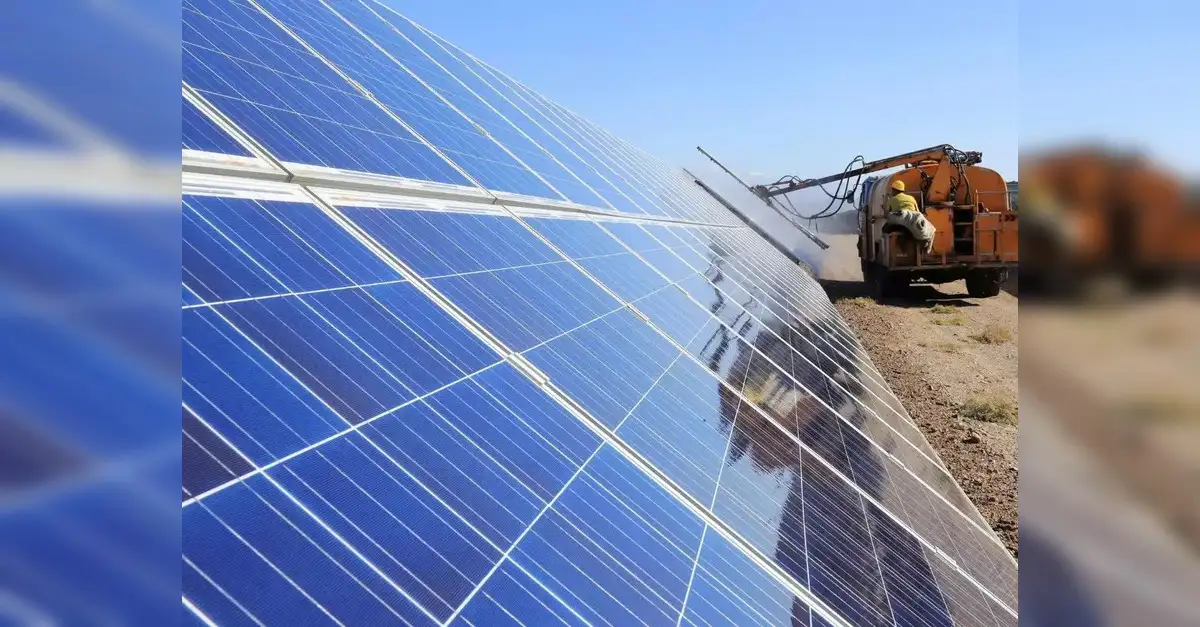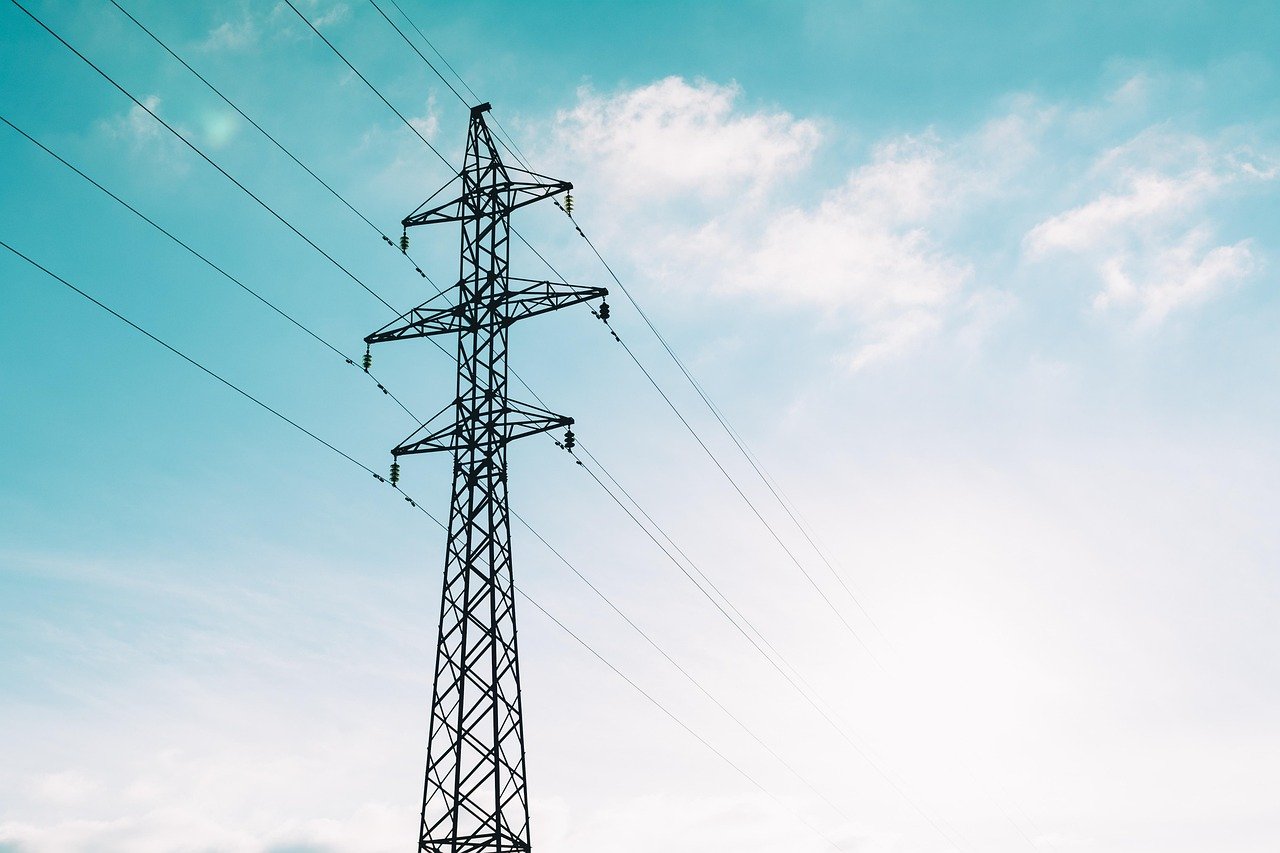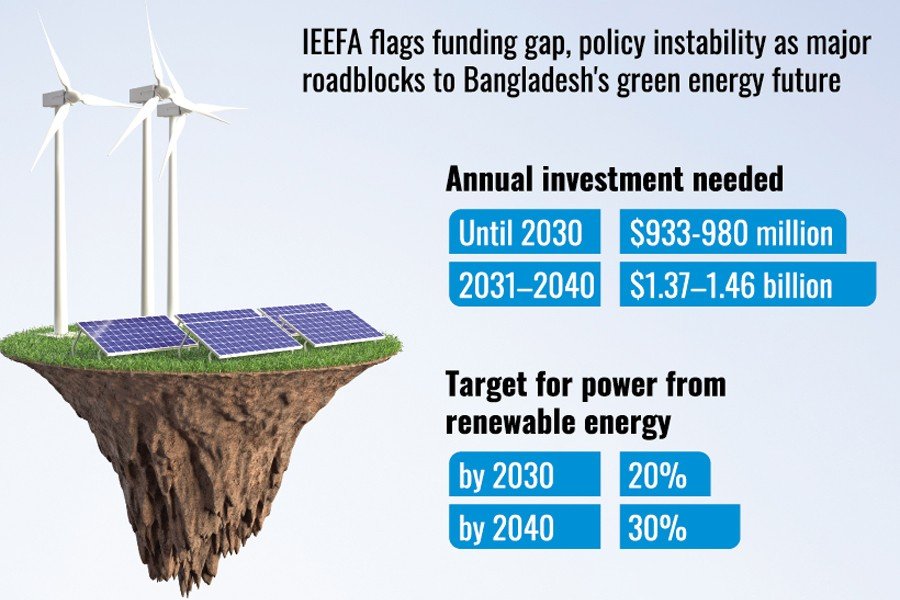The Sixth Meeting of the International Solar Alliance (ISA) Regional Committee for Europe and the Others Region took place in Brussels, gathering representatives from 20 countries to assess solar energy initiatives and foster international cooperation. The meeting, chaired by Germany, aimed to align member nations’ strategic priorities and review the progress of solar energy projects.
ISA Director General Ashish Khanna emphasized the importance of turning advancements in solar energy into tangible benefits for job creation, equity, and climate resilience. He reported that in the last fiscal year, $2 trillion was invested in clean energy, with solar photovoltaics receiving the largest share. However, only 15% of this investment reached low- and middle-income countries, and less than 2% was allocated to Africa, where 600 million people lack access to electricity.
To address these challenges, Khanna announced that ISA is mobilizing $200 million to leverage over 30 times that amount in private investment for Distributed Renewable Energy projects across Africa. This initiative aims to improve energy access and create job opportunities in the region.
Tobias Rinke, from Germany’s Federal Ministry for Economic Affairs and Energy, noted that ISA’s membership has expanded to 123 countries, with active engagements doubling since 2022. He referred to commitments made at COP28, where nearly 200 countries pledged to triple renewable energy capacity and reduce reliance on fossil fuels. Rinke stated, ‘Solar energy is central to achieving these goals.’
In a session with Khanna, Laura Cozzi from the International Energy Agency (IEA) highlighted the impact of artificial intelligence (AI) on electricity demand, projecting that AI-related infrastructure could generate a demand equivalent to that of a ‘new Japan’ by 2030. Cozzi announced the launch of an Energy and AI Observatory by the IEA, aimed at leveraging AI to optimize grid operations and enhance energy access.
Kate Hampton, CEO of the Children’s Investment Fund Foundation (CIFF), discussed financing challenges in solar energy projects, stressing the need for catalytic equity rather than relying solely on debt. She pointed out that philanthropy could help bridge this gap by providing technical assistance, policy engagement, and junior equity to support country platforms. Hampton also noted that a shortage of skilled professionals hampers progress in delivering solar energy solutions.
European Commissioner for Energy and Housing Dan Jørgensen delivered a keynote address, stating that solar power costs in the EU have dropped by 82% over the past decade. He mentioned a further 12% decline in 2023, making solar the most affordable clean energy source globally.
Discussions at the meeting also covered topics such as Catalytic Finance in Africa, ISA’s STAR-Cs initiative, the role of AI in the energy sector, and energy storage solutions, including green hydrogen. These discussions reflect a collective effort to enhance the solar energy landscape and ensure that its benefits reach all corners of the globe.




